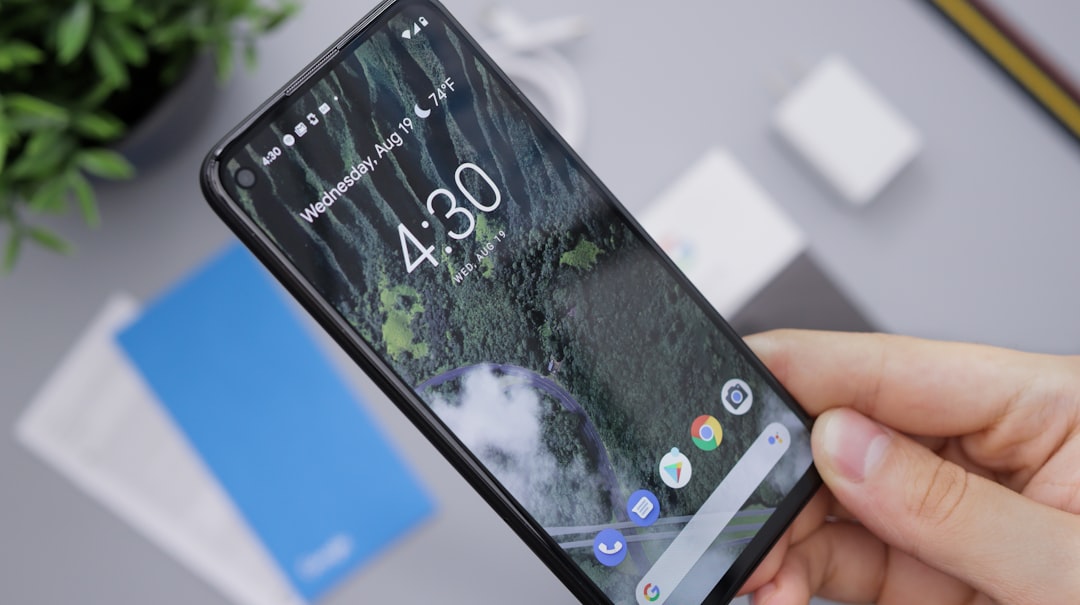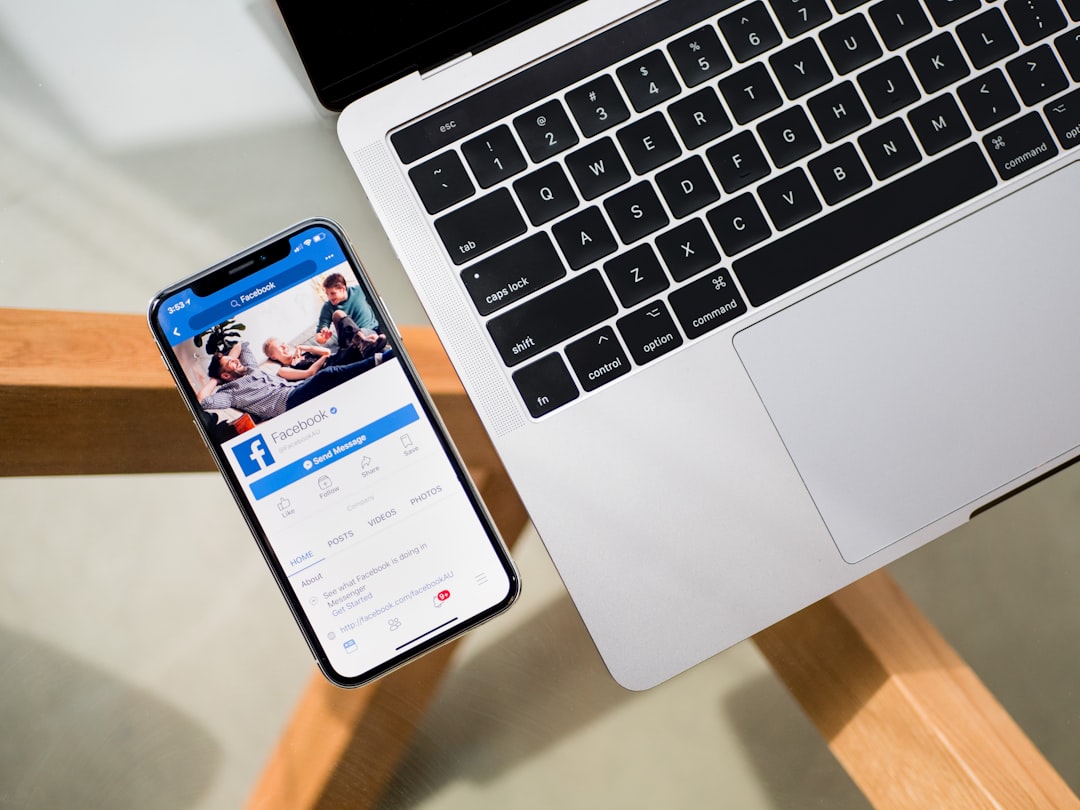In an era where personal branding is as crucial as a resume, storytelling has emerged as a powerful tool to stand out, connect, and leave a lasting impression. While credentials and experience showcase what you can do, your story reveals who you are. And it's that human element—a narrative infused with authenticity and emotion—that can turn your personal brand into something memorable.
Why Storytelling Matters in Personal Branding
People relate to stories, not bullet points. Stories evoke emotions, spark curiosity, and create connections. Whether you're a professional climbing the corporate ladder, a creative freelancer, or an entrepreneur, your story is what makes you unique in a sea of similar qualifications.
When woven into your personal branding, storytelling can:
- Humanize your expertise: Sharing your journey—complete with struggles, lessons, and triumphs—helps others see the person behind the title.
- Foster trust: A genuine story builds credibility and relatability, making people more likely to engage with your brand.
- Make your message memorable: Facts may inform, but stories stick. A compelling narrative lingers in the minds of your audience.
Components of a Compelling Personal Brand Story
Crafting your personal brand story involves more than stringing together a series of events. It’s about creating a narrative that resonates with your audience and aligns with your goals. Here are the key components:
-
Authenticity: Be real. Share stories that reflect your true self—your values, passions, and aspirations. Authenticity is the foundation of trust.
-
A Defining Moment: What was the turning point that shaped your career or inspired your path? Sharing pivotal experiences makes your story relatable and impactful.
-
Challenges and Growth: Don’t shy away from discussing obstacles. People love stories of perseverance and growth—it’s what makes success feel earned and relatable.
-
Your Mission and Values: Tie your story to a larger purpose. Why do you do what you do? How do your values influence your decisions and actions?
-
Your Vision for the Future: End your story on an aspirational note. What are you working toward? Where do you see yourself or your brand going?
How to Share Your Story
Once you’ve crafted your narrative, it’s time to integrate it into your personal brand. Here are some ways to do it:
- Your Personal Website: Dedicate an “About” page to your story. Share the journey that led you to where you are today, complete with photos, videos, or even a timeline.
- Social Media: Use platforms like LinkedIn, Instagram, or Twitter to share bite-sized stories. Personal anecdotes, behind-the-scenes moments, or reflections on your journey can be incredibly engaging.
- Networking Events: When introducing yourself, replace the usual job title with a concise version of your story. For example, instead of saying, "I'm a software developer," you could say, "I help businesses streamline operations through software—a passion I discovered while building my first app as a teen in a small rural town."
- Blog Posts or Newsletters: Dive deeper into your experiences, lessons learned, and personal growth through long-form content.
Examples of Storytelling in Personal Branding
-
The Underdog Story: Someone who overcame significant odds to achieve success. Think of Oprah Winfrey, whose journey from poverty to becoming a media mogul is as inspiring as it is relatable.
-
The Passionate Explorer: A person who followed their curiosity and discovered their purpose. For example, a software engineer who transitioned into environmental tech because of a personal passion for sustainability.
-
The Relatable Professional: A leader who isn’t afraid to share mistakes and lessons learned. These stories resonate because they reflect the human experience of trial and error.
Final Thoughts
Your personal brand is more than a polished LinkedIn profile or a catchy tagline. It’s the story you tell about who you are, where you’ve been, and where you’re going. By embracing the power of storytelling, you can create a personal brand that not only stands out but also forges meaningful connections with your audience.
What’s your story? Start crafting it today—it might just be the key to unlocking the next chapter of your career or personal journey.










0 Comments